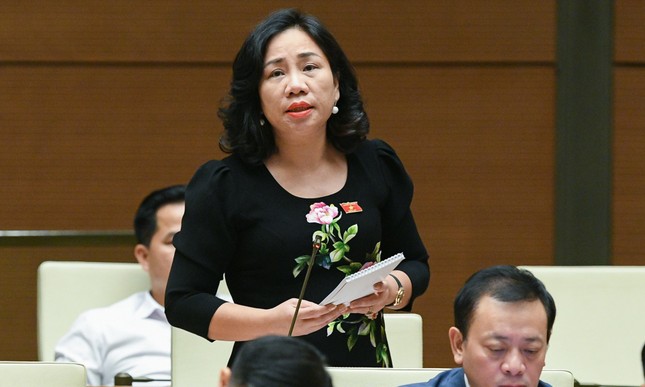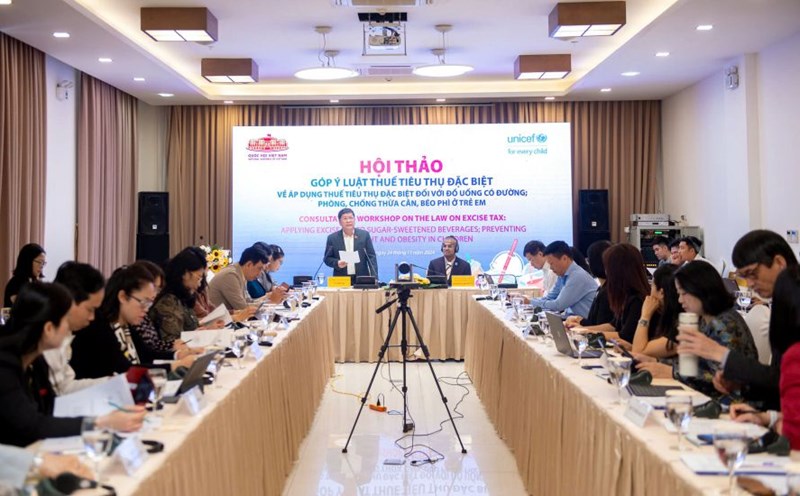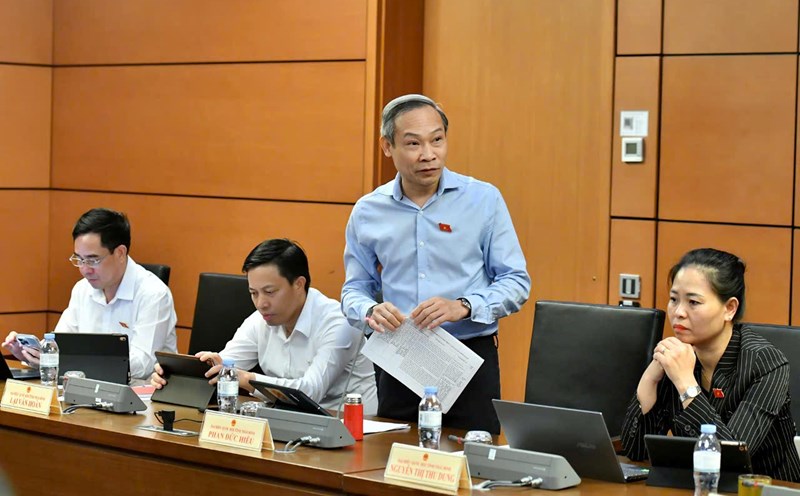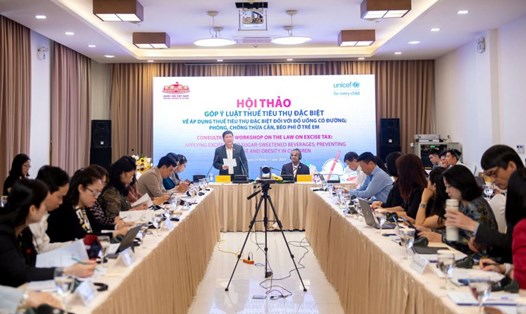Harmonizing state and business interests
On November 27, the National Assembly will discuss in the hall the draft revised Law on Special Consumption Tax (SCT).
This amended Law has a direct impact on the rights and interests of organizations, individuals, people and businesses. Therefore, additional and revised opinions will be carefully considered and discussed to practically perfect the Law.
Prof. Dr. Hoang Van Cuong - Member of the National Assembly's Finance and Budget Committee said that although the primary goal of special consumption tax is to regulate consumer behavior, the overall benefits of the economy must also be calculated when increasing taxes.
Especially, in the context that the National Assembly and the Government are setting the goal of high and sustainable economic growth as the top priority after 5 years of the economy being seriously affected by the pandemic and political conflicts globally.
According to economist, Associate Professor Dr. Ngo Tri Long, the principle of taxation is to ensure balance and harmony of interests between the State and taxpayers. This important principle ensures revenue for the state budget, but must not let taxpayers fall into a state of misery.
"Implementing this principle, the state will not create tax shocks for businesses, society, and workers. If the total tax payable is too large, the lives of workers will not be guaranteed; the economy will stagnate indirectly; the risk of tax evasion is very potential" - Associate Professor, Dr. Long warned.
Therefore, it is necessary to carefully consider increasing taxes in the current economic context of Vietnam to avoid causing "shock" to businesses, while still ensuring state budget revenue.

Previously speaking at the group on November 22, delegate Tran Thi Hien (Ha Nam delegation) said that it is undeniable that beer and alcohol businesses contribute to the revenue of some localities and create jobs for workers.
According to observations and listening to the opinions of businesses, many units reflect that the current business situation is very difficult, if it continues to last, it may lead to staff cuts and factory closures. Therefore, it is necessary to determine whether the tax increase will affect the revenue and economic development of the locality or not.
Risk of increased use of unauthorized products
According to many analyses, the goal of reducing alcohol and beer consumption to protect people's health is extremely necessary. However, to realize this goal through tax policy, careful research and extensive evaluation are required.
The World Health Organization estimates that informal alcohol currently accounts for about 25% of total global alcohol consumption, while the rate in Vietnam is as high as 63%. Informal alcohol is largely low-priced, attracting low-income consumers and heavy drinkers, and is more harmful than legally regulated alcohol.

Speaking at the discussion in the group on November 22 on this issue, delegate Au Thi Mai (Tuyen Quang delegation) said that if the special consumption tax rate is applied too high, it could lead to a loss of state budget revenue. The decrease in revenue will cause alcohol and beer enterprises to cut down on business, stop factories, and reduce their contribution to the local budget.
Not to mention that increasing tax rates too high will cause consumers to switch to using illegal alcohol and beer products that are outside of state management, which are cheaper because they are not taxed, leading to a loss of state budget revenue.
Some economic experts believe that raising taxes too high will certainly be the driving force for businesses to switch to selling smuggled and counterfeit products to increase profits, and consumers will also switch to using cheaper smuggled products.
This inadvertently increases the rate of illegal use, especially in the alcohol segment because of higher prices and higher taxes. This also puts pressure on market management agencies and the health sector - there have been many deaths recently due to poisoning from smuggled alcohol and homemade alcohol.











